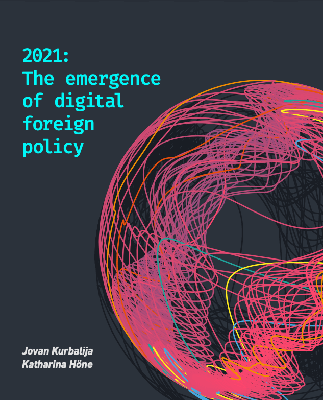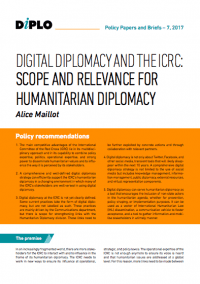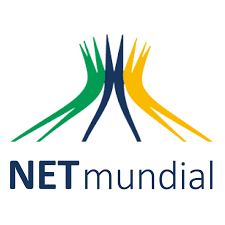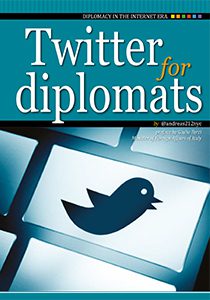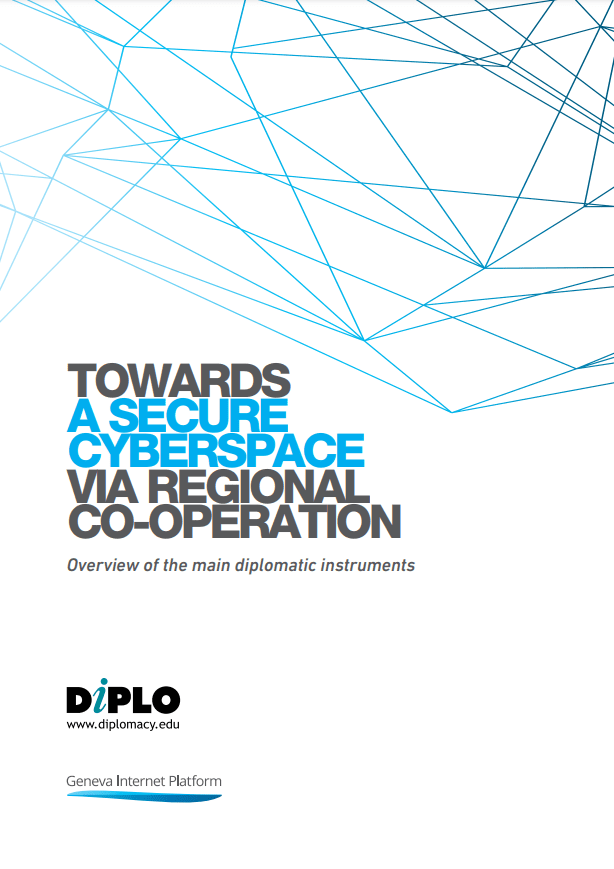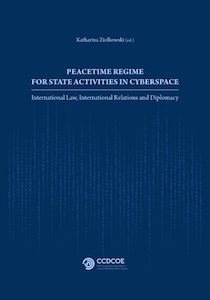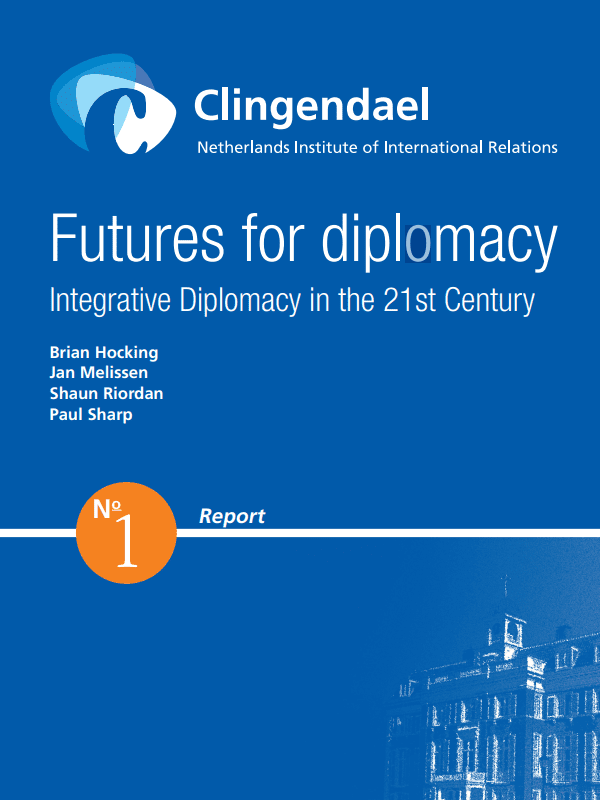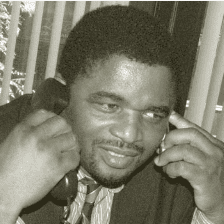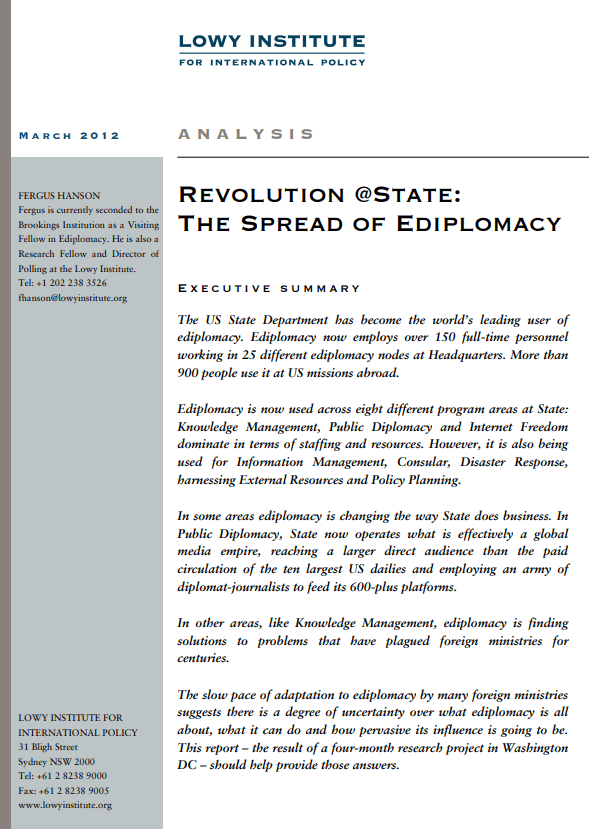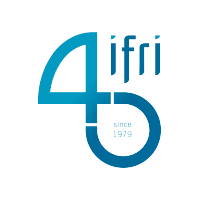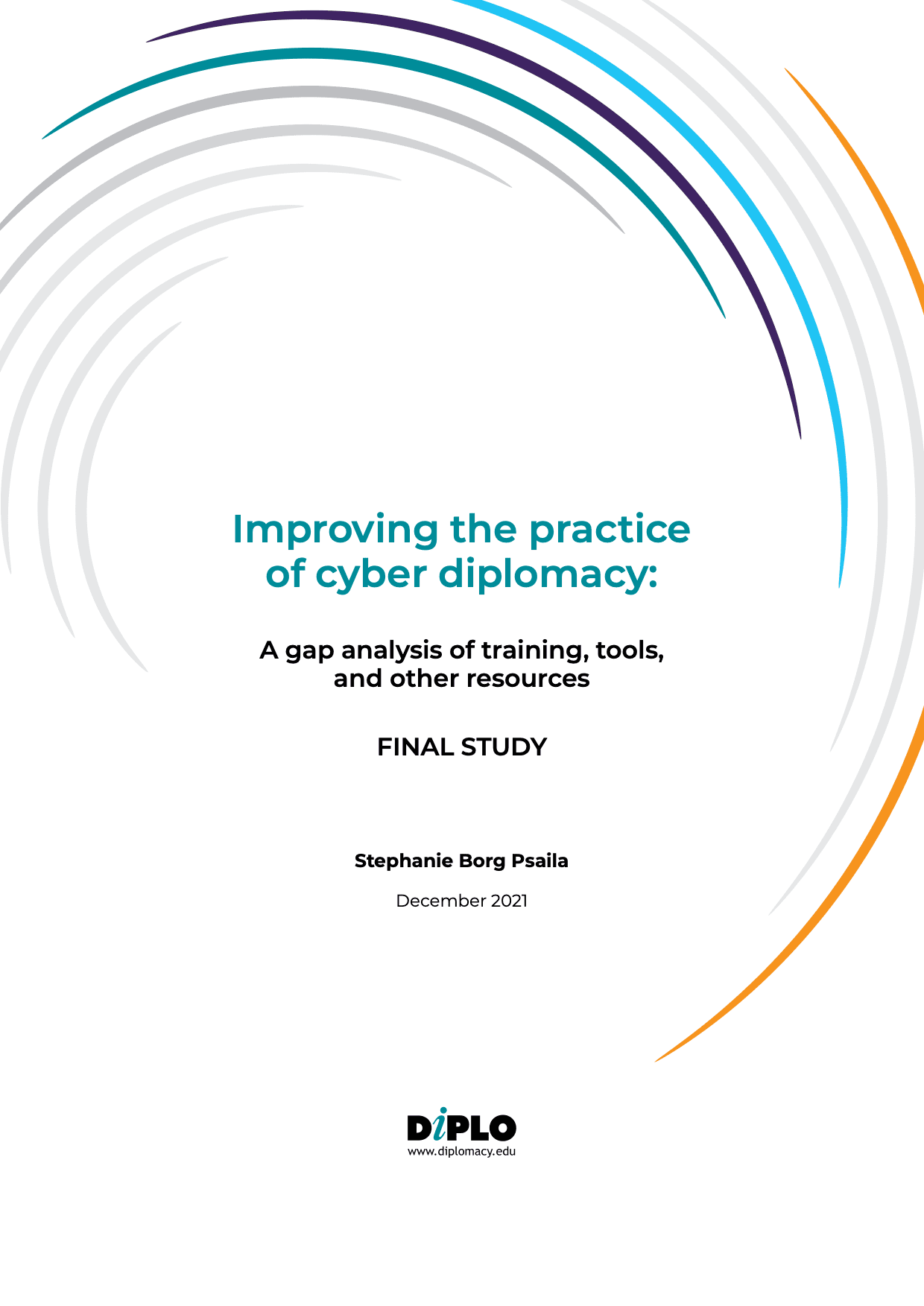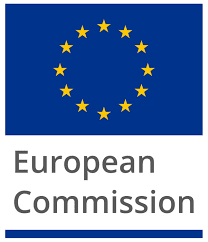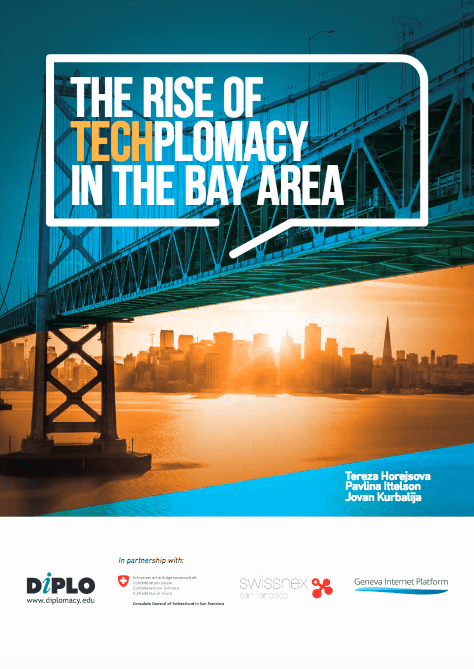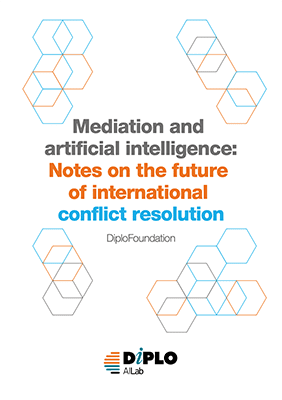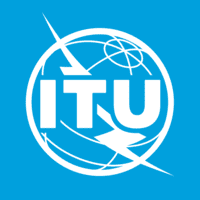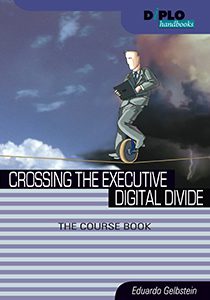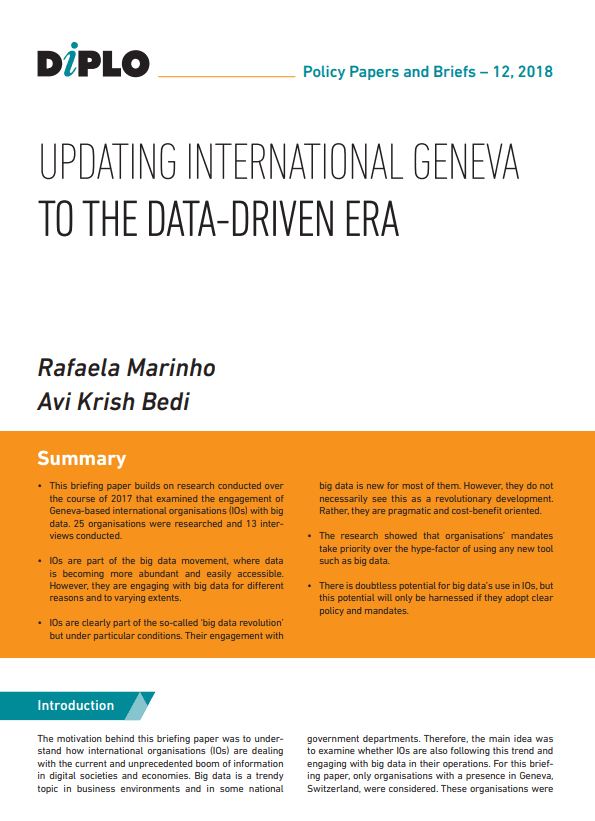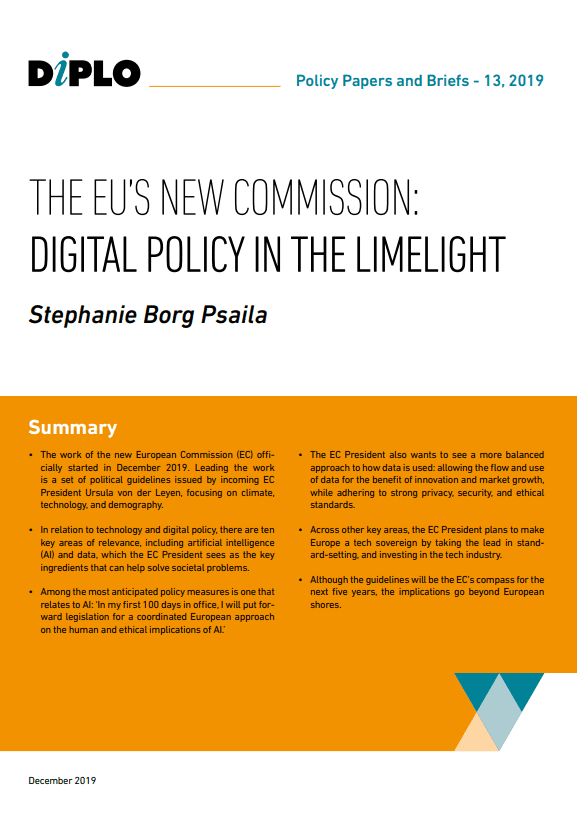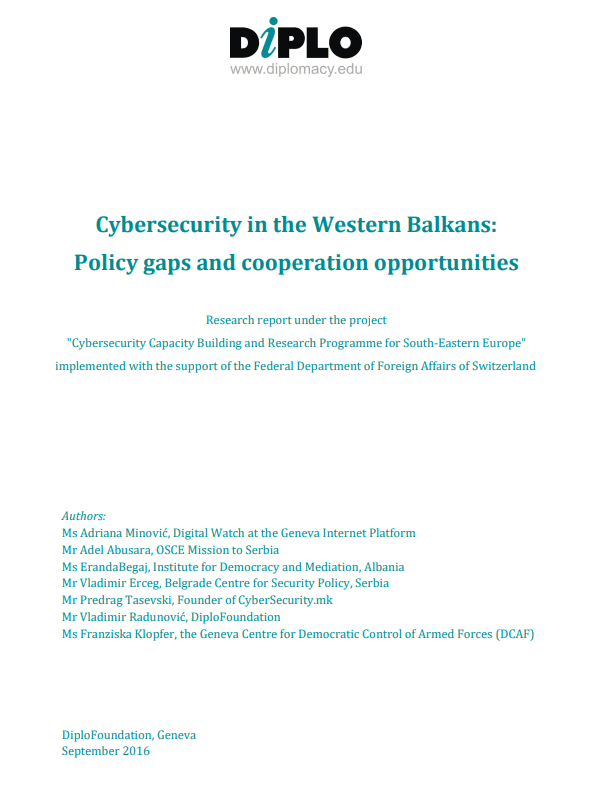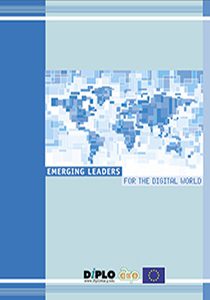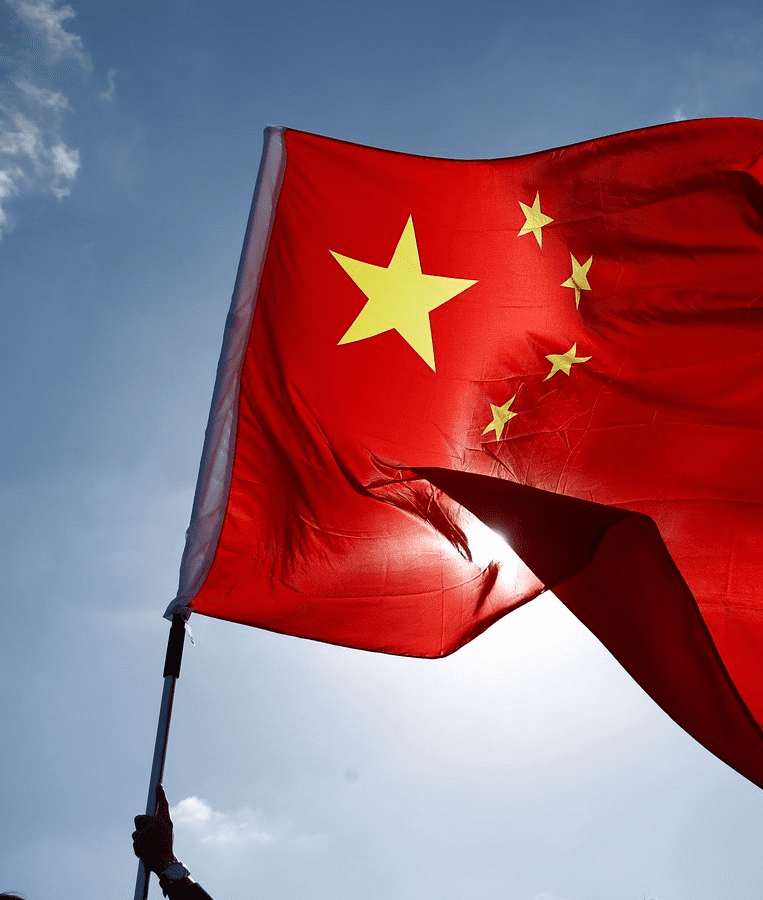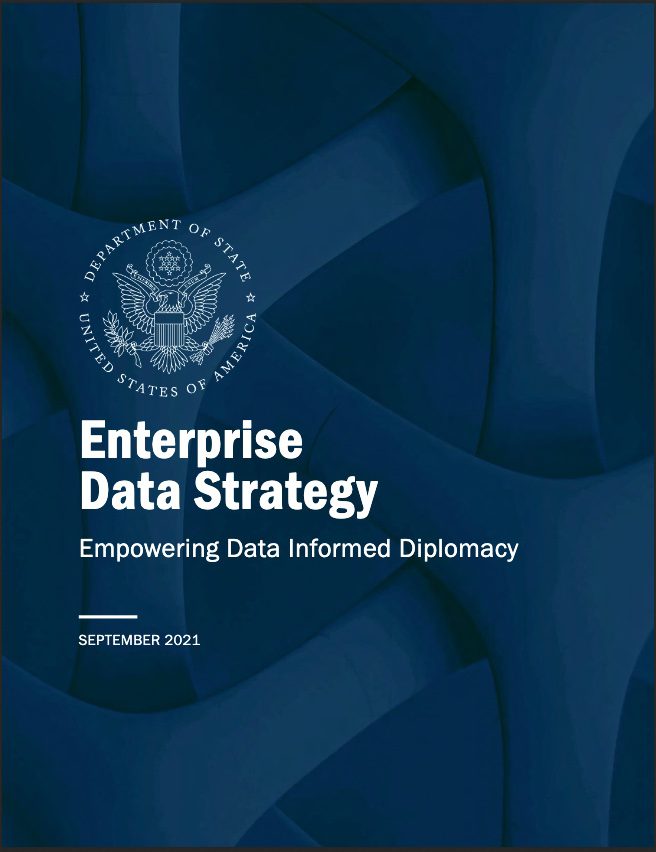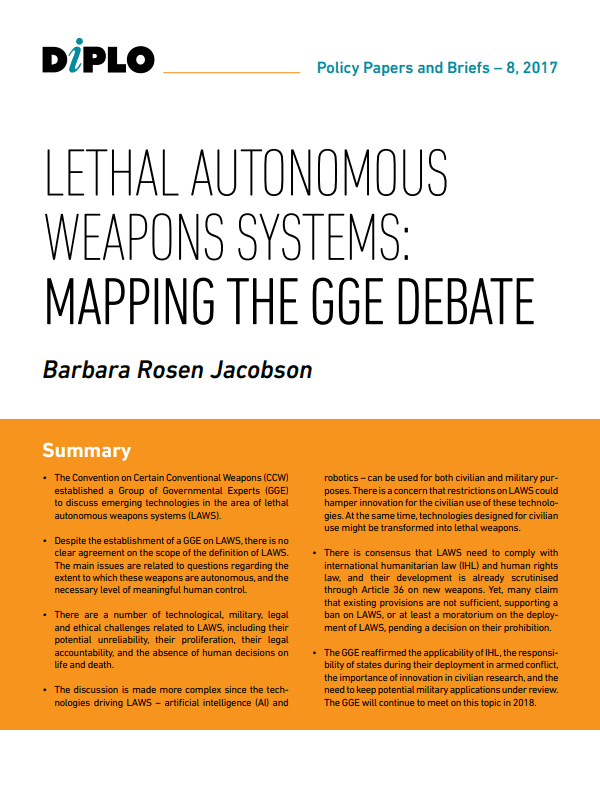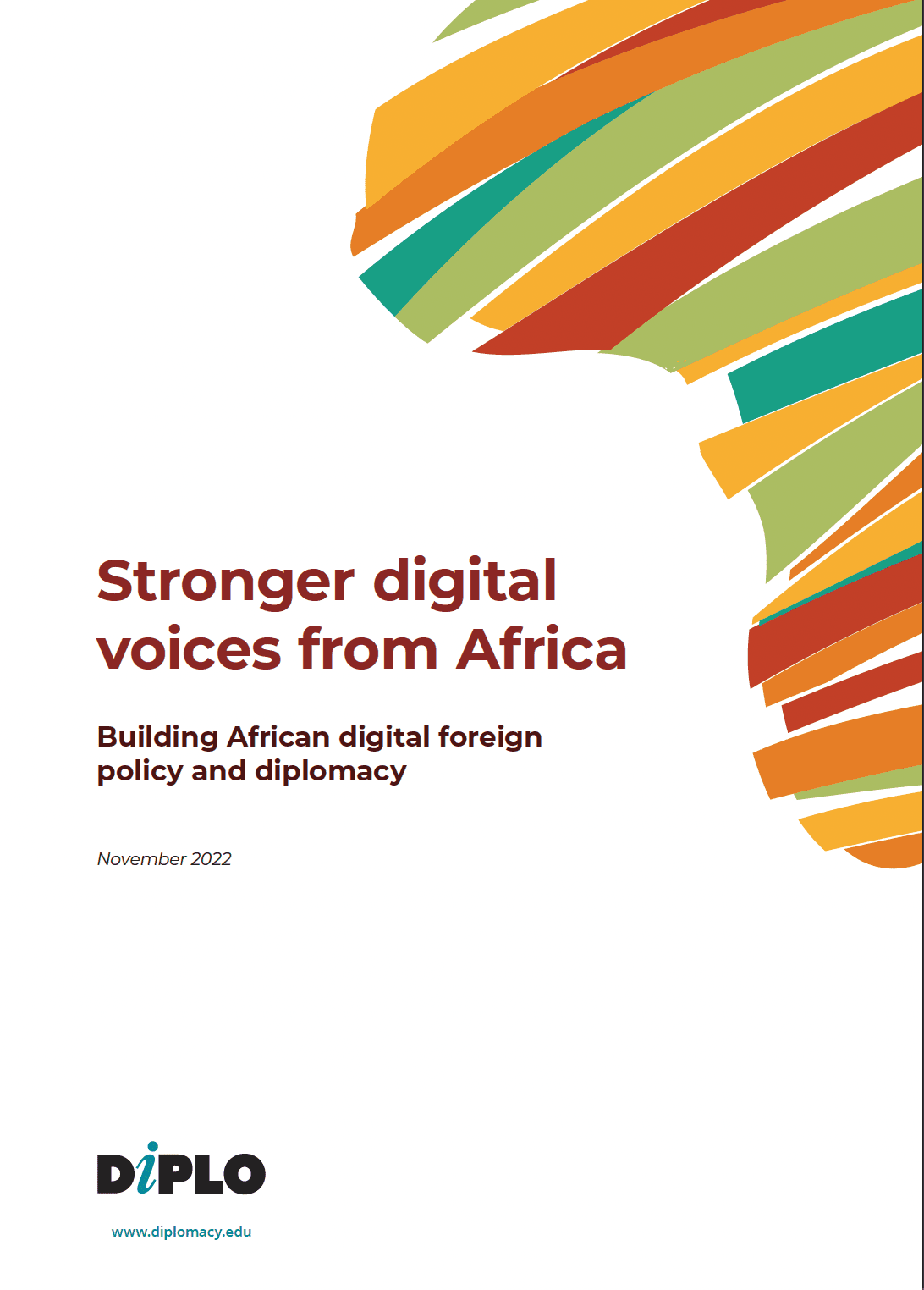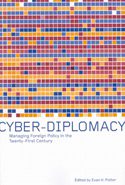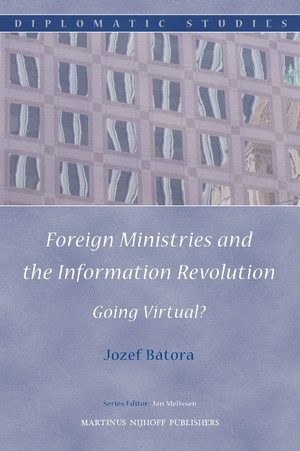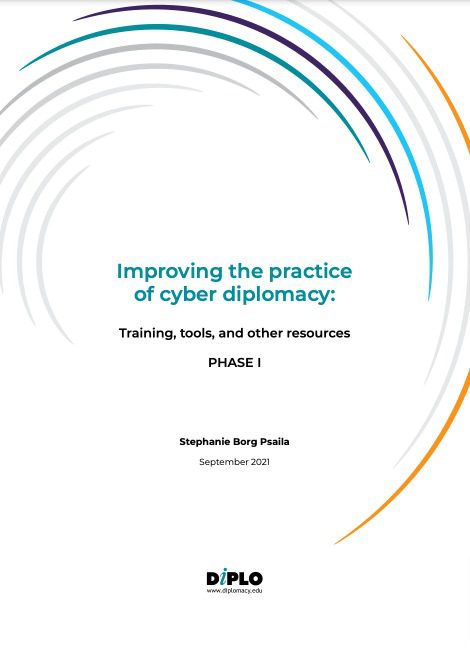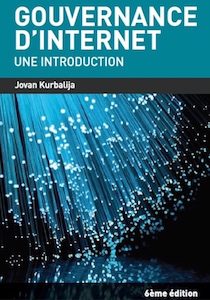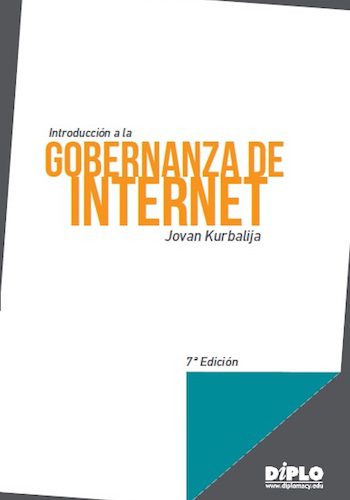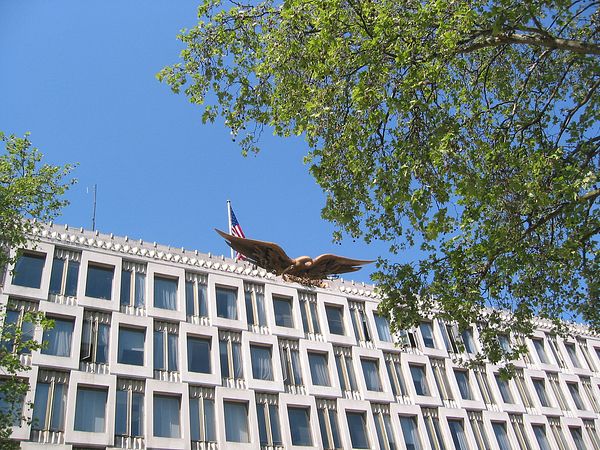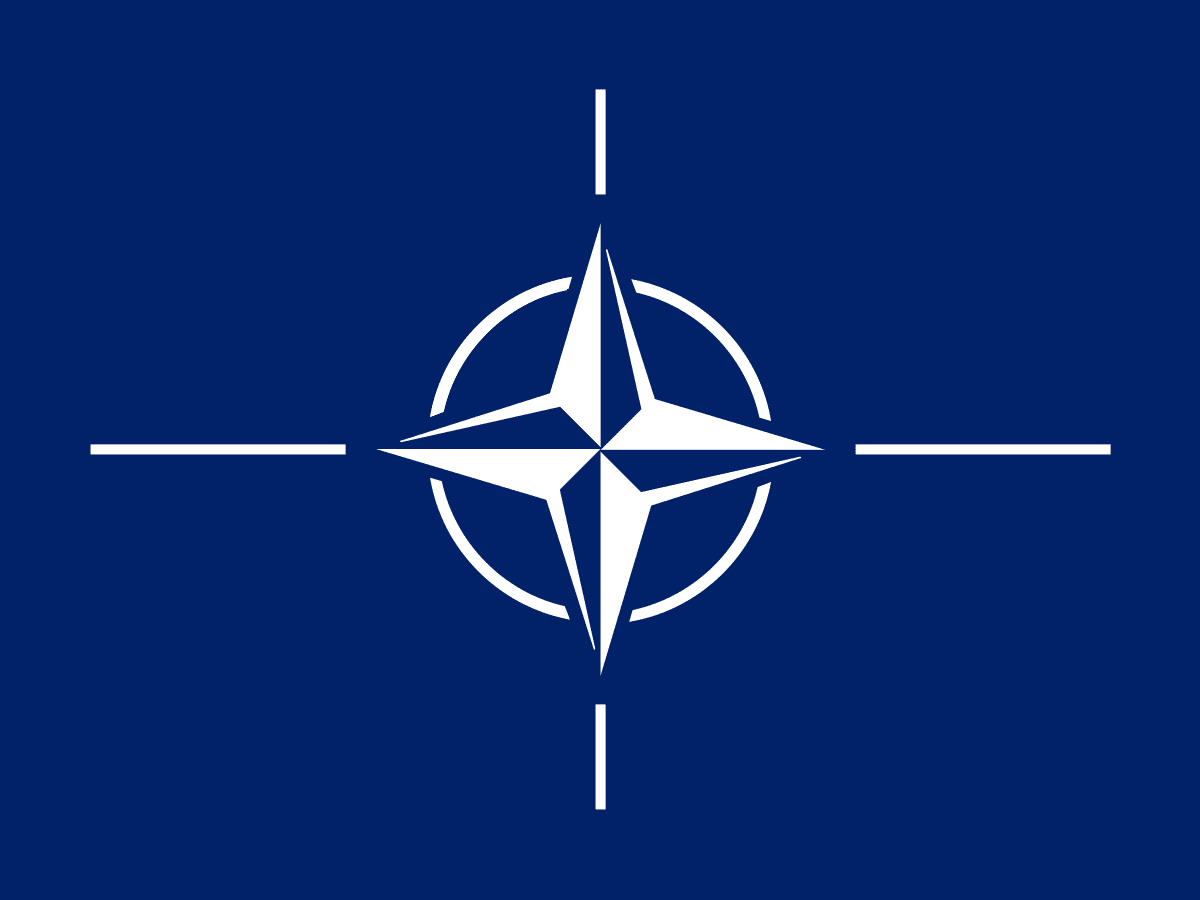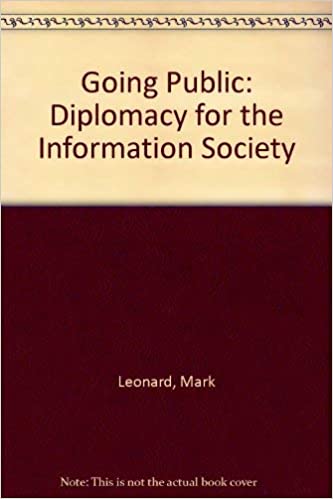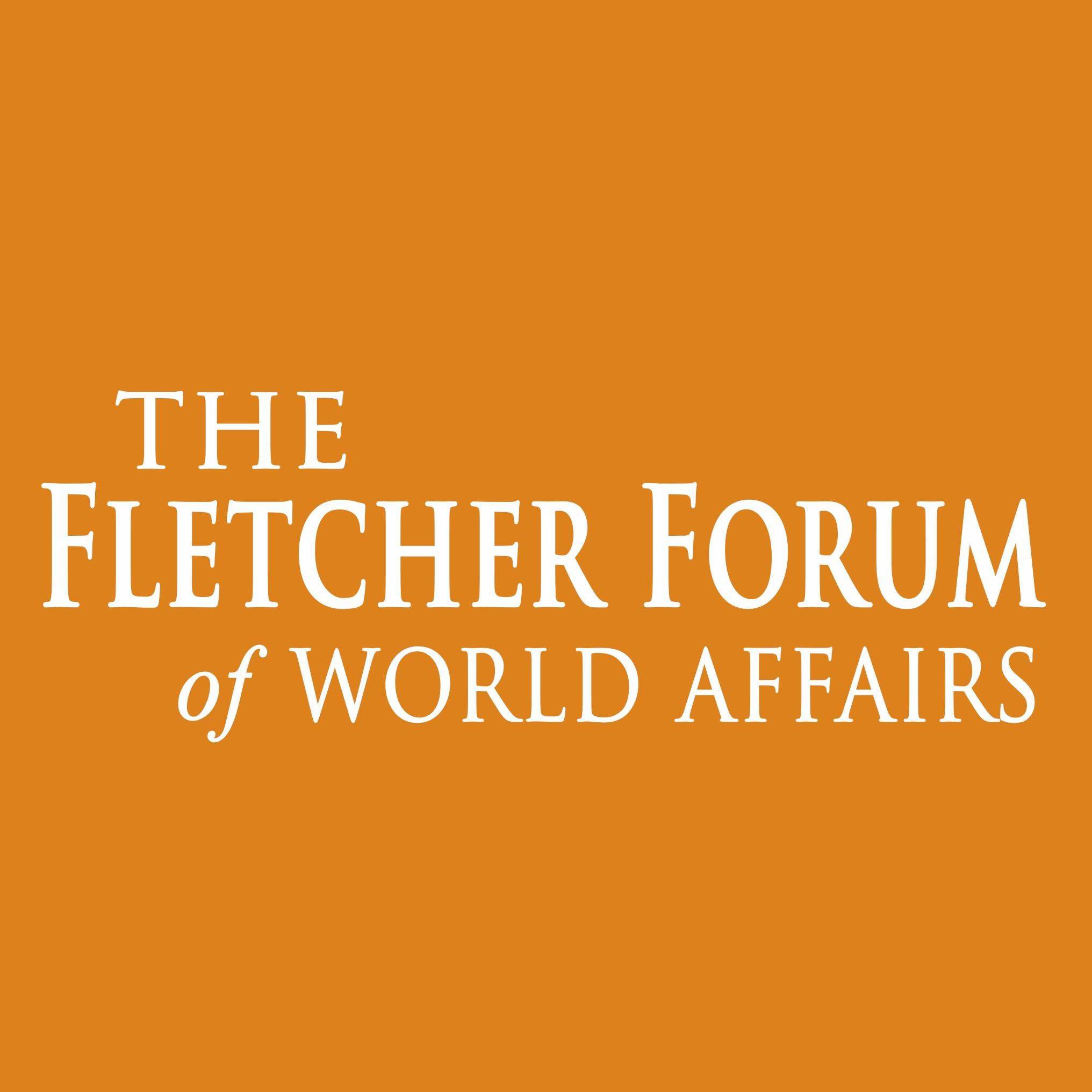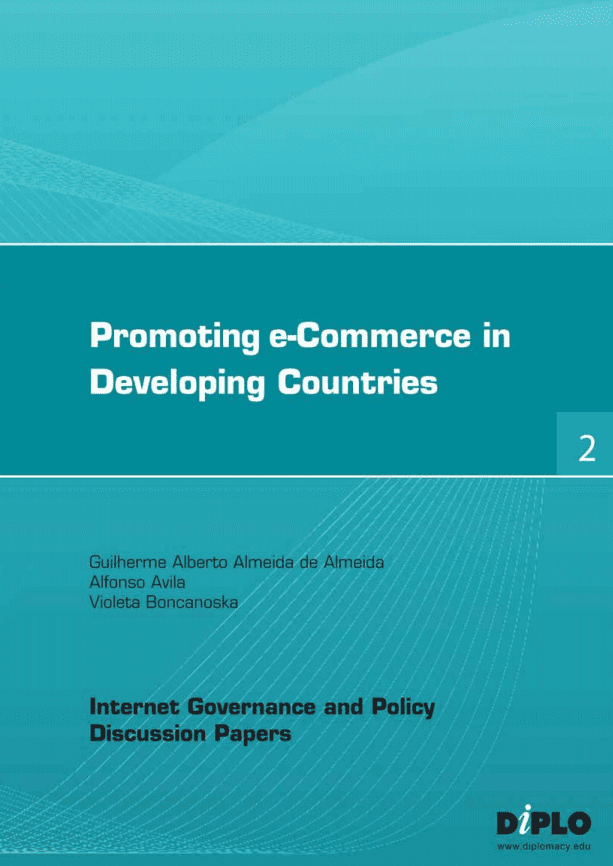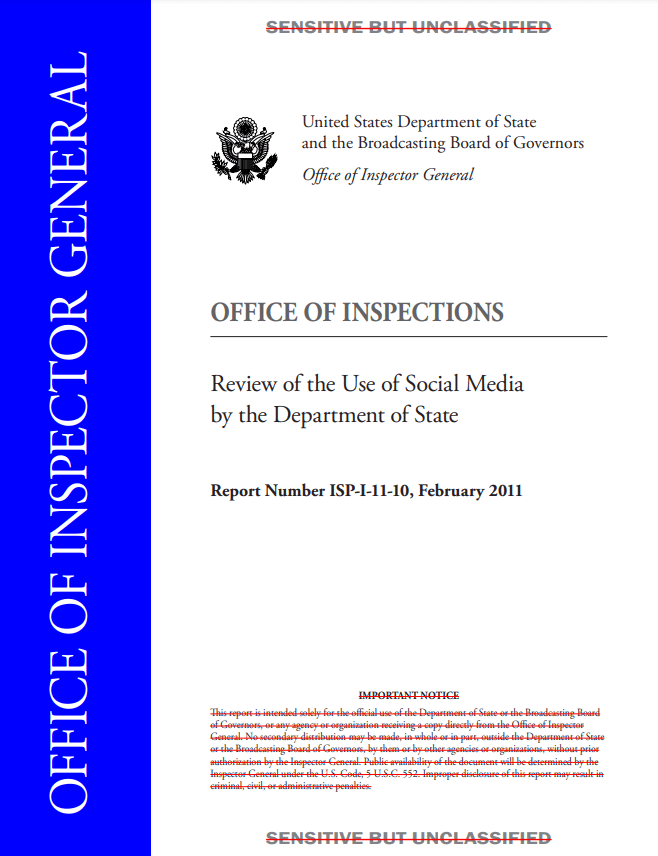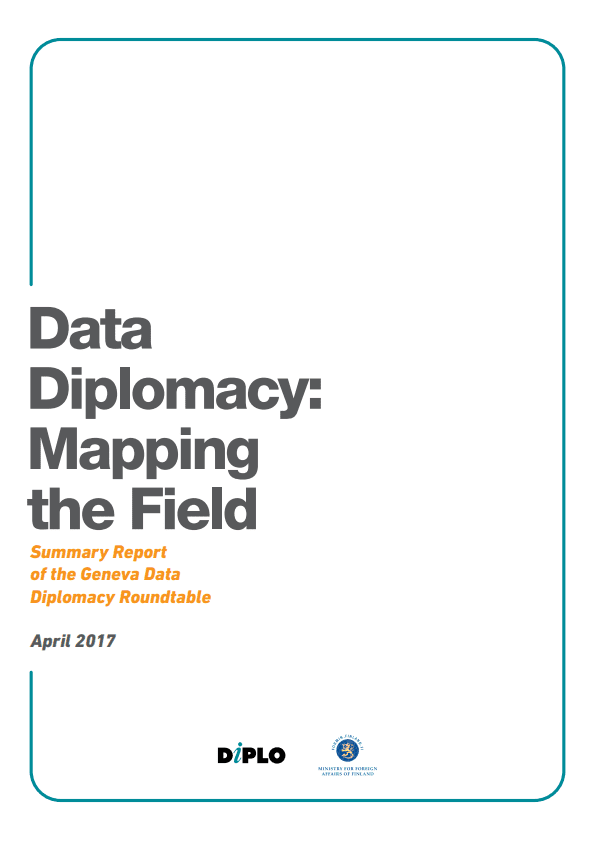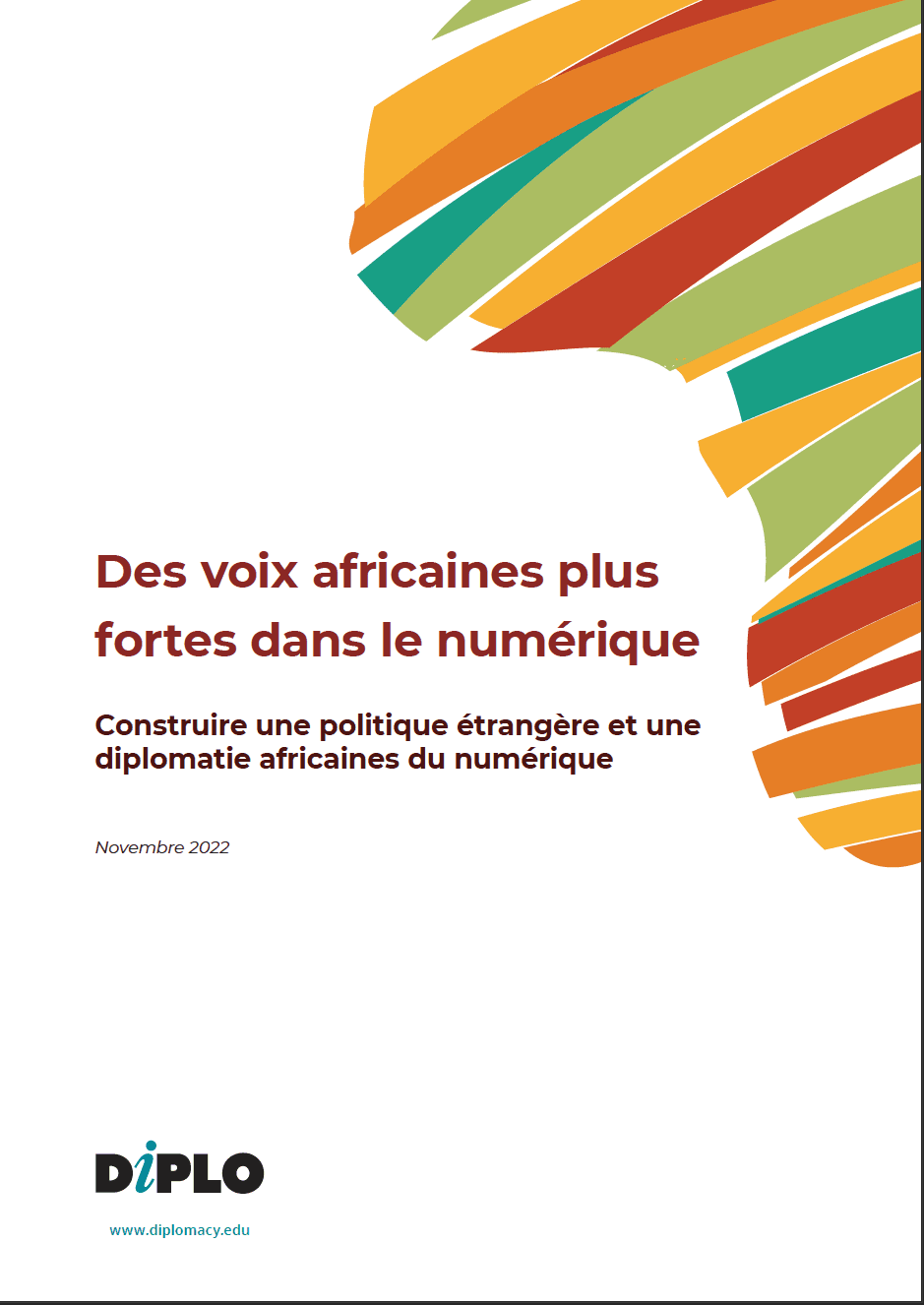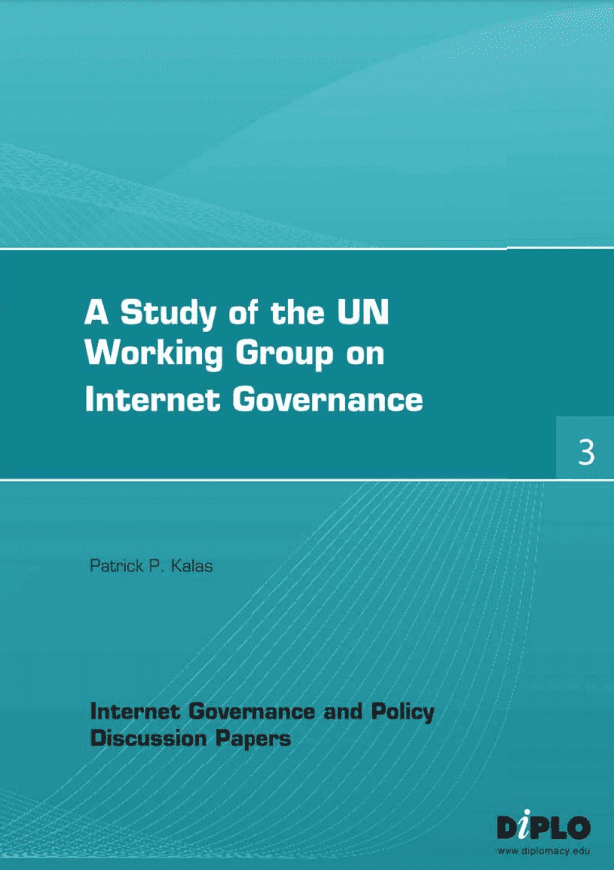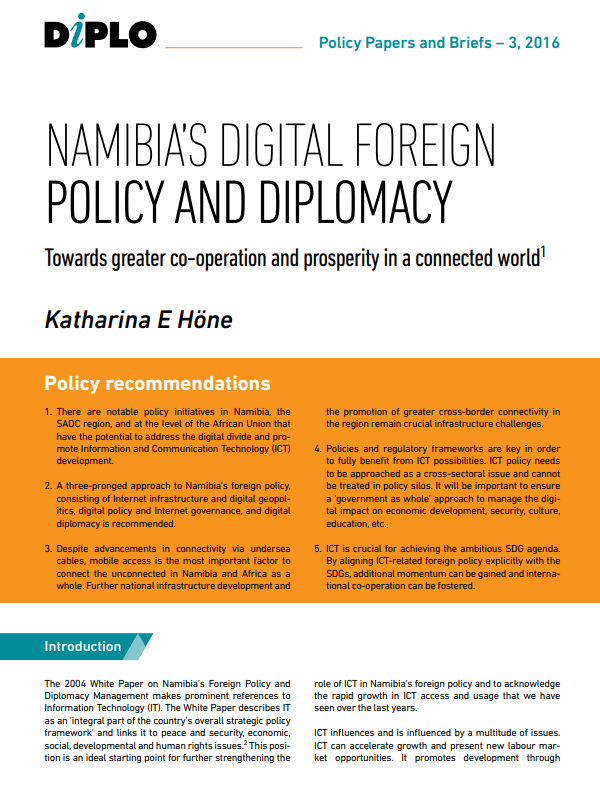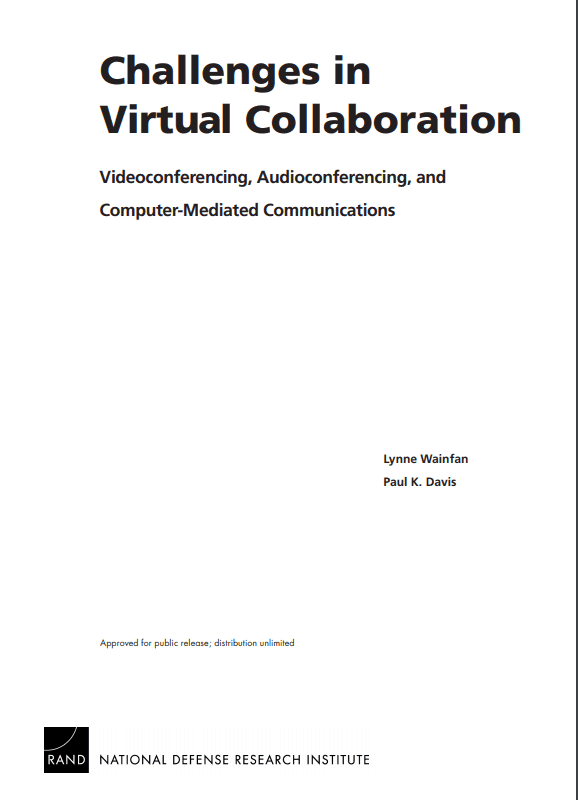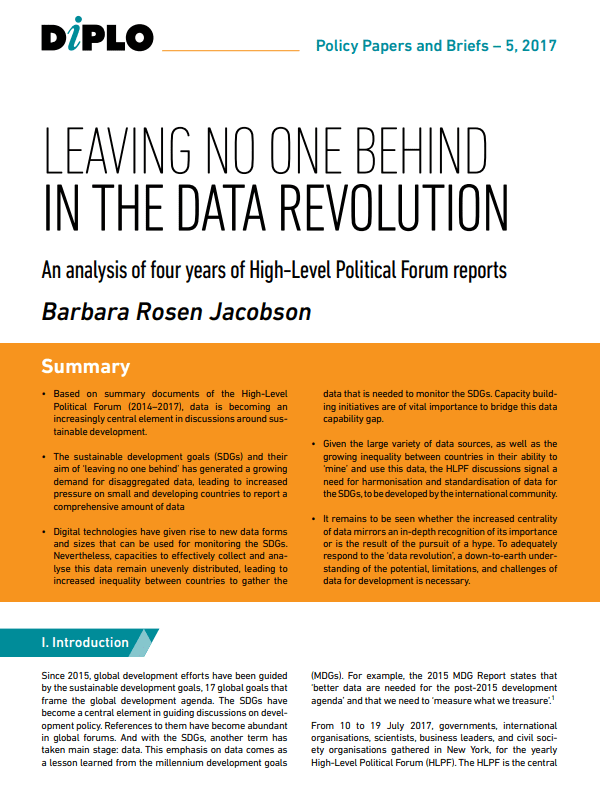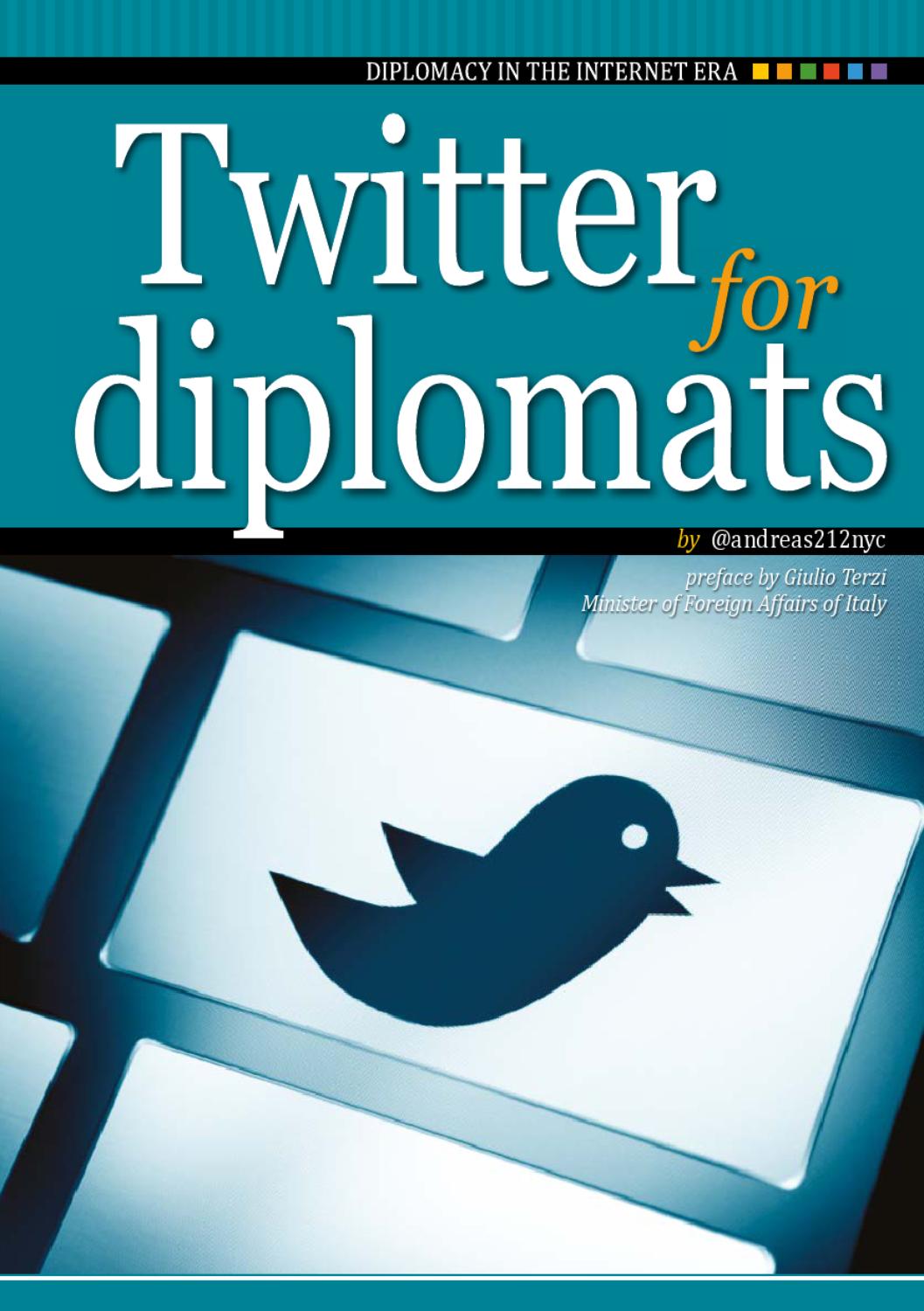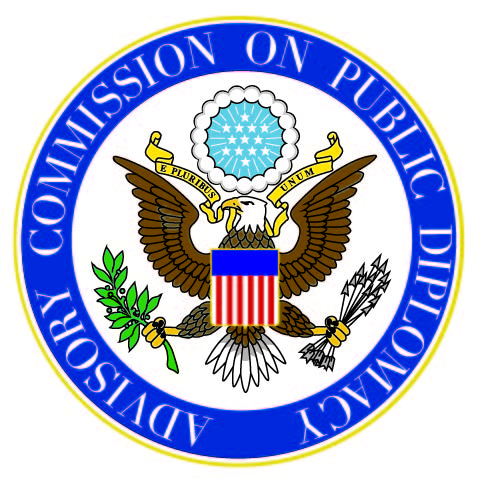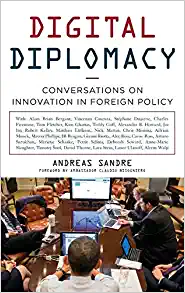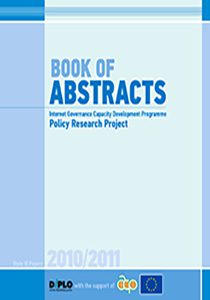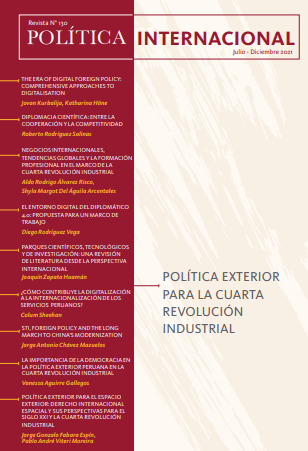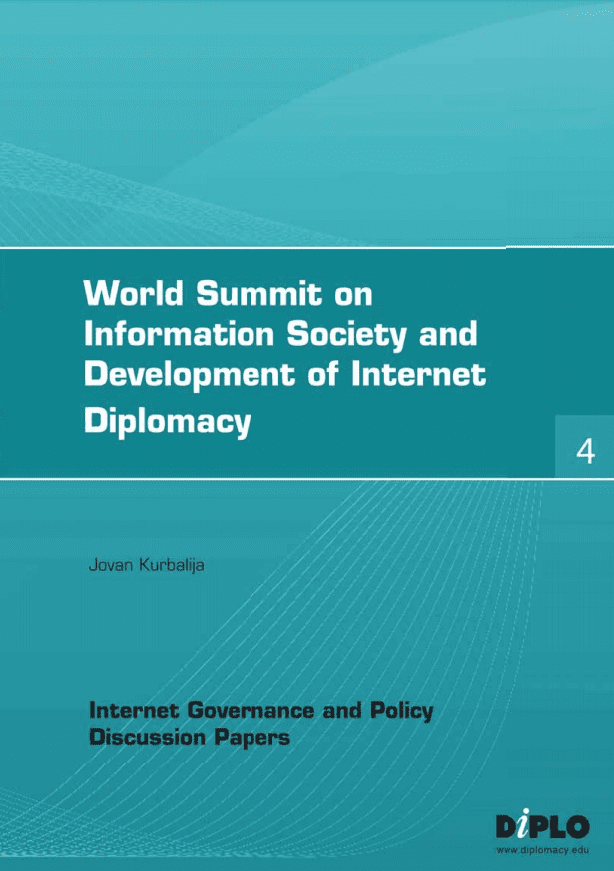Malta exemplifies a country whose diplomacy enables it to play a far greater role in international life than its power and capabilities would suggest. It exemplifies, in other words, the creative use of diplomacy to exert influence, especially on the formulation of normative ideas. Malta contributed to the world such inspirational ideas as the common heritage of mankind, as the foundation for the distribution of ocean wealth. A plea for respecting the rights of future generations is also associated internationally with Malta’s leadership. Perhaps the most significant of these initiatives is the pioneering work on the application of information technology to diplomacy that has been going forward at the Mediterranean Academy of Diplomatic Studies under the leadership of Jovan Kurbalija.
My university in the United States has a well-known School of Public and International Affairs—the Woodrow Wilson School—and yet it is at least one epoch behind the work being done at the Mediterranean Academy on the organic relevance of information technology to the conduct of effective and informed diplomacy. Princeton has no one on its faculty that even approaches Jovan Kurbalija in terms of commitment and insight into the potentialities and relevance of IT. So in a genuine sense, Malta is making a very significant contribution to the enormous challenges of adaptation that are hidden beneath this banner idea that we are all now living in an era of globalisation. In these remarks I will try to give some historical context for what this adaptation is likely to mean for diplomacy.
I think it is fair to say that diplomacy and diplomats are embedded in a world of sovereign territorial states, probably to a greater extent than any other single profession. What we call diplomacy is primarily an invention of the state system. The ritual and formality of diplomacy expresses the central idea that representatives of geographically separated territorial, political entities, were needed to maintain contact among these political communities. Over the decades and centuries, many changes in transportation and communication have frequently altered the traditional nature of diplomacy, especially diminishing the relevance of distance. Yet nothing comparable to computer-driven IT has previously arisen. Nothing previously produced such a potentially transformative impact on the nature of diplomacy, even upon what we mean by diplomacy, and upon the very identity of diplomats. These fundamental questions—what is diplomacy?—are necessarily being raised anew during the dawn of globalization. Such questions arise, above all, because it is everywhere evident that we are no longer living in a world that can be adequately defined in terms of territorial sovereign units that are spatial in character. The global maps that educate us about the world convey only one dimension of globalisation. Among many other shortcomings, these maps fail to take account of the degree to which we are now living in temporal communities as well as spatial communities. In other words, the pace of change has become so rapid that we are constantly trying to identify links to the past and future that will enable us to interpret successfully the kind of world we are inhabiting and the problems that it presents.
And it is this challenge posed to diplomacy that seems to me to be best contextualised by referring to our time period as the “cyber-age”; by using such a phraseology, thereby recognising the centrality of IT and the connected hardware/software features of this technology that is generating, without any deliberate plan, a new world order. It is a new world order that cannot be understood just by reference to these technological potentialities. There is an interesting statement that was recently made by the managing director of the World Economic Forum, Claude Smadga, just prior to the annual meeting at Davos. Mr. Smadga said “governments will be judged more and more on their ability to address the social repercussions of the globalisation process and finding ways to balance its destabilising impact.” In other words, the technological miracle that is embedded in information technology needs to be connected with these fundamental challenges of a more ethnical and social character. How can we be sure in this process of transition that is going on in the world that this new technology is genuinely being devoted to making this world a better place for the peoples living on the planet who are the ultimate justification of politics and particularly democratic politics?
It seems useful to clarify somewhat what we mean by the domain of knowledge in relation to diplomacy, and with respect to interpreting the world. I think it is helpful to conceive of the knowledge that we are concerned about as “valuable information”. Such an emphasis is intended to distinguish the focus of inquiry from the kind of unspecified, massive overload of information that has become accessible to us through information technology. In other words, one of the challenges in this age is to convert information into knowledge. Or putting the same idea somewhat differently, how do we gain efficient access to valuable information? This kind of distinction between knowledge and information, which I think is very important, also should be contrasted with what one might call wisdom, which can be defined as knowledge that is devoted to the goals of human well-being, and includes in that sense, as core concerns, matters of values, ethics, human rights and the religious foundations of our identity.
I think the preliminary challenge that we face at this point in history is how to convert information technology into “knowledge technology”. The even deeper, related challenge is how to convert “knowledge technology” into “wisdom technology”, moving from KT to WT.
I think that among the things being done creatively here in Malta is to address one important dimension of this challenge, that is, to devote the main effort of training diplomats to ensure that those from the global south have an adequate access to this technology.
A concealed danger associated with this rapid acquisition of a revolutionary new technology is to create a new antagonistic class structure in the world. Part of the necessary implication of IT is that it almost inevitably exploits those that don’t have the appropriate computer literacy to take advantage of this technology. Without appropriate literature whole parts of the world are left further and further behind in this phase of history. There is an exclusionary element to it that needs to be acknowledged.
The collapse of the Soviet Union might be interpreted partly by its failure to master reliance on IT. It is plausible to interpret the immense historical transition that we are experiencing by reference to two underlying developments in this era—IT and the end of the cold war.
I would contend that these two seemingly disparate developments are really quite closely interrelated—the end of the cold war was partly and I think necessarily occasioned by the inability of the rigid state structures of the Soviet Union to adapt to the economic opportunities and challenges of the information age. The Soviet Union was unwilling to expose itself to these new technologies. The rigidity of their system contributed to their collapse.
It is a lesson that China, interestingly, has partially learned. This revolutionary technological cluster of developments has already transformed the politics of the world. It condemns those parts of international society that cannot cope with information technology to a marginalised status. Those parts of even the most modern sectors of world society in the richest countries that cannot cope are also being denied the benefits of economic growth. I am praising the Mediterranean Academy for this attempt to build a bridge between these innovative technologies and the struggles of the global south to participate positively in this emerging new world order.
I wanted to frame some of my remarks by reference to a quotation taken from Manual Castells, who is the author of a three volume study called The Information Age: Economy, Society and Culture. This work of scholarship has had a big influence. It is referred to as “the bible of Silicon Valley”. Castells has made the most comprehensive effort to grasp and evaluate the multi-dimensional changes and trends associated with IT. His overall assessment of the revolutionary impact of IT is expressed in the following words:
In the last quarter of this fading century a technological revolution, centred around information, has transformed the way we think, we produce, we consume, we trade, we manage, we communicate, we live, we die, we make war, and we make love. A dynamic global economy has been constituted around the planet linking up valuable people and activities all around the world while switching off from the network of power and wealth people and territories dubbed as irrelevant from the perspective of dominant interests: a fundamental transformation of the macro-political and macro-social contexts that shape and condition social actors and experiences around the world.
In a sense, what Castells and others are really telling us is that we are in this transition from a familiar world to one in which our whole experience, our basis, is being reconstituted.
Another recent book by Ray Kurzweil, a computer specialist, entitled The Age of Spiritual Machines, has suggested that we are approaching a dramatic evolutionary frontier in which machines are increasingly able to exceed human capabilities. You probably are familiar with the IBM machine Big Blue, that defeated the best chess player in the world, Gary Kasparov, a few years ago. The argument of Kurzweil’s book is that this chess prowess is just the opening gambit of an expanding machine assault on the experience and the claim of the human beings to be mentally superior, and so to be the chosen species. Kurzweil argues that even when it comes to poetry, by the middle of the next century, the “spiritual machine” that will then exist will be producing poems that are comparable to that of the best work of poet laureates in our most cultured societies.
Such a projection represents a breathtaking kind of re-understanding of the place of human beings in the universe, and this is true even if it is appreciated that computers are conceived and sustained by human ingenuity. This prospect of creative and spiritual computers is accompanied by a variety of unrecognised challenges that will undoubtedly provide the context, or at least deeply influence the underlying context, within which diplomacy will be conducted in the future.
Can government bureaucracies assimilate this transformative technology in a manner that is consistent with human well-being? Such a response depends on managing other aspects of the global setting. The nature of these tasks is in dispute. Some have suggested that only by stabilising the world population can we keep the planet sustainable over the period of the next century or so. Others suggest that only by eliminating or greatly mitigating the institution of war as the decisive mode of conflict resolution can we cope with such an interconnected planet that has such extraordinary capabilities to inflict destruction with precision. Still others suggest that this kind of globalisation can only remain stable if it addresses the gross inequalities and disparities that exist among the distinct peoples of the world. And others contend that it is only by rediscovering our spiritual roots can we hope to avoid what amounts to a collective mental breakdown in the face of a technology that transcends human capabilities. In effect, society is confronted by a spiritual challenge as much as it is with political and economic challenges arising from this new dimension of human experience.
And so, when we think about knowledge and knowledge deployment in relation to diplomacy we should not treat these inquiries as being merely technical matters of learning how to master the appropriate skills. Every form of knowledge needs to be interrogated and evaluated in terms of its social, economic, political, and cultural effects. At this stage it is especially important to understand who is controlling these new forms of knowledge and for what purposes. Without this deeper interrogation of IT we are likely to become subject to some very regressive forces of control during this transition.
In this spirit of critical inquiry it is important to recognise that there are at least three dark sides to the advent of this era of globalisation. The first, which I have already referred to in passing, is the emergence of what is being called the “fourth world”, that is, the societal domain constituted by those individuals, peoples and societies that are being excluded from participation in the positive benefits of globalisation as a consequence of their marginalisation by the operation of market-driven logic. In other words, globalisation as we now understand it, as it functions, is reshaping the social structure of the world as a result of “the discipline of global capital”. A major component of this discipline of global capital is to make profitable use of information technology. Those that are not able to make this profitable use find themselves situated in the fourth world. Much of Sub-Saharan Africa and the Caribbean, many of those who do unskilled work around the world, find themselves belonging, generally unwillingly, to this new classificatory zone of a fourth world. So we must ensure that what the World Economic Forum director described as the social repercussions of globalisation are being addressed as seriously as are the technical potentialities of IT.
Secondly, it is important to consider the implications of information technology for new forms of warfare, especially for those that have a one-sided character that has in my view some extremely disturbing features. The Gulf War was the first expression of this hyper-modern one-sided kind of warfare where those that control IT can choose the means by which they inflict suffering on others, pain and devastation, without exposing themselves to retaliation, or without at least risking retaliation in a comparable form. The leaders of the American military establishment are now planning for wars in the future that are described as “zero casualty” wars: that is, zero casualties for the high tech side, but unlimited vulnerability to devastation by a low tech adversary. There is another expression that is now emerging in this domain among war planners, which is “asymmetric warfare”. The extraordinary inequality among states with differential access to IT that is emerging and is well depicted by James Adams in his book The Next World War. Computers are the core of these new weapons systems and the battlefield can be anywhere. One of the implications of one-sided warfare is that it begets violence that resembles the structure of torture carried out on a large scale. If you reflect on the nature of torture you realize, that above all, it involves inflicting one-sided pain on the victim with the perpetrator deciding what form of pain and at what level, what intensity, and acting without any anxiety that the victim can strike back. It is a non-reciprocal relationship in the context of life and death situations. In this new type of warfare that we are entering by way of IT, we are adapting warfare to the structure of torture. This is very bad not only for the victim, but also for the perpetrator. It creates a very dubious moral relationship to the use of force, which is always, to begin with, dubious, but it seems to me that prior doubts are greatly intensified. The NATO war of 1999 in response to the troubles in Kosovo provides grim confirmation for these concerns.
But there is a further element that is also disturbing in its impact. The very structure of this technological asymmetry invites violent retaliation in a different modality, but also devastating. It is no accident that international terrorism has emerged as such a threat at the same moment historically as IT. Or that anxieties about biological weaponry and chemical weaponry are rising in an unprecedented manner in the United States and elsewhere, suddenly creating a societal feeling of acute vulnerability that has rarely existed during the cold war except during crises when the real danger of a catastrophic nuclear war became apparent. President Clinton, perhaps to divert attention from his impeachment turmoil, has also been involved in what might be described as a hysterical preparation for meeting these challenges of terrorism and biological warfare. It needs to be realized that such preparation poses a serious threat to democratic society. To protect against these alleged challenges it is contended that extensive control needs to be maintained over hostile social forces. Such a requirement provides justification for continuous and pervasive intelligence operations against your own society and in relation to those who might be seeking to penetrate it. So there is a new rationale for what might be called total intelligence. The US military establishment is now proposing for the first time in American history the creation of a US military command to operate in country. In the past the role of the military has always been conceived as confined to conflict external to the country. To address this internal dimension of national security becomes natural if the main challenges are no longer to be spatially identified as external. It is evident that hidden within the wonders of this information technology are some very menacing nightmares associated with its misappropriation and with anticipated backlash behaviour by those with the unequal access to its capabilities.
There is also a fairly widely shared sense that a market-driven globalisation is not necessarily providing the path to human betterment, especially for economically disadvantaged societies. One danger is the link between government and IT, but another danger is the link between the market and IT in a political climate that lacks social equilibrium. If you think historically, the Industrial Revolution ushered in an era of cruelty to the relations between the market and society, fictionalised by Charles Dickens in the early nineteenth century: child labour, long hours, no safety, capitalist greed. It was only with the emergence of labour movement that it became possible to achieve some social equilibrium, allowing capitalism to acquire a human face in the industrialised era. In other words, capitalism needed the threat of socialism as an alternative political project in order to avoid many of its cruel potentialities.
We have to ask the question now, can we imagine this kind of social equilibrium in relation to a globalising capitalist economy? Organised labour can no longer play such a role. It is too weak relative to business and finance. In addition, socialism has effectively collapsed as an alternative ideology. What, then, now challenges the cruel side of capitalism and encourages moves toward a new compassionate capitalism? Or as the World Economic Forum director put it in 1999, “globalisation with a human face”. The fact that people are even talking in this way in business arenas expresses some recognition of the underlying problem. I doubt, however, that voluntary adjustment will be effective. Some degree of social pressure is needed. Can it be mounted by the activist side of global civil society? Greenpeace has been effective in organizing consumer boycotts against even the largest multinational corporations. Consumer power seems to be hurting companies such as Nike that are alleged to be running sweatshops in unregulated Third World settings. Can such initiatives be organized in such a way as to provide a counterweight to business and finance?
Let me end these remarks with a few comments about some of the brighter sides of this revolutionary development. Aside from the obvious reality that for the first time in human history the entire planet has the potential access to the entire corpus of valuable information, that is, virtually, all that exists, there is a decentralising and democratising potentiality present. So far the Internet has avoided being fully appropriated by the market. Its knowledge-generating propensities have remained a free resource. This is an amazing dimension of our world. The struggle to keep this resource, this emancipating knowledge, from being appropriated by the market is, I think, of extraordinary importance. How do we keep IT free? How do we keep IT in the public domain? And unless I am very wrong about the acquisitive disposition of the market, it will not be kept in the public domain without a very vigorous social struggle. There is too much rent-seeking wealth at stake. But if we do succeed, and if projects such as the project of the Mediterranean Academy do succeed, then one has a levelling of the playing field of diplomacy throughout the world which will open exciting potentialities for intercultural and intercivilisational collaboration of a much more meaningful sort than has ever existed in the past.
A second very, I think, hopeful development is that the Asian crisis and its reverberations in Japan, Latin America and Russia has removed the false euphoria from globalisation. It has led individuals such as Smadga, the World Economic Forum architect and manager, to talk in a new way about something other than a market logic. I think there is now emerging, as knowledge, the sense that the social dimensions of globalisation cannot be left entirely to the market, that the invisible hand is a deformed part of the body politic that moves to correct distortions far too slowly, if at all. We cannot responsibly rely on the automatic effects of economic growth to provide human well-being and to maintain stability and progress for the planet. We require a form of global governance that also is concerned with how to deal with poverty, with economic deprivation, joblessness, with fluctuations in the world financial markets, in other words, that tries to incorporate the lessons of the Asian Financial Crisis into a new structure of authority for the world.
And finally, in terms of hopeful developments and trends, are these series of elections in Europe and elsewhere that have moved against a neo-liberal orientation towards political leadership. The last wave of social democratic victories in a series of European countries are partly a backlash against the economistic approach to globalisation. It is not clear that these new social democratic leaderships will be able to cope with the discipline of global capitalism, or whether their policies will be much different than the governments they have replaced. Indeed, the forced resignation of Oskar Lafontaine raises doubts on these scores. But such electoral outcomes do send a message to the leadership of the world that citizens in democracies are expecting more than capital-driven politics at the level of the state, that adjustments by the state to globalisation need to do more than facilitating business and finance. In effect, these elections are a call to establish a new equilibrium between the needs of peoples and the aspirations of citizens and the logic of capital and growth. Whether or not this equilibrium can be found in the coming years, will, I think, determine whether the future of globalisation will be stable or will give rise to very deep new patterns of social and political conflict that are certain to have far-reaching implications.
I want to close by saying that it seems to me that we are genuinely, not just as a cliche, but genuinely, at a crossroads in human experience that will establish the crucial context for the diplomacy of the next century. The question is whether we have the imagination, as well as the skill to cope with this revolutionary technology, and can realize the promise that it contains while coping with the dangers that it brings to our world. Whether we can manage such a transition is a challenge of great magnitude that very few generations have faced. It is a challenge that we are only beginning to depict and understand. Surely we are living in “interesting times” but whether such an experience will prove a curse rather than a blessing remains to be seen!


